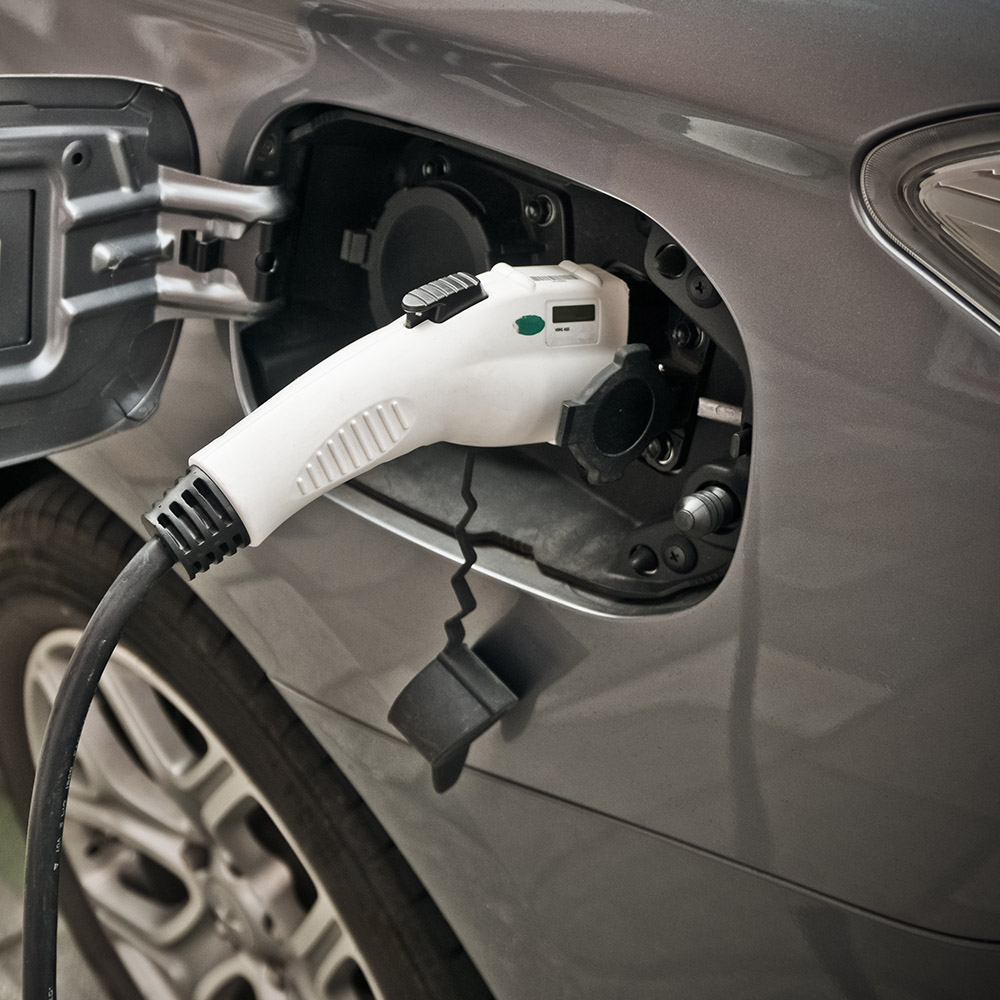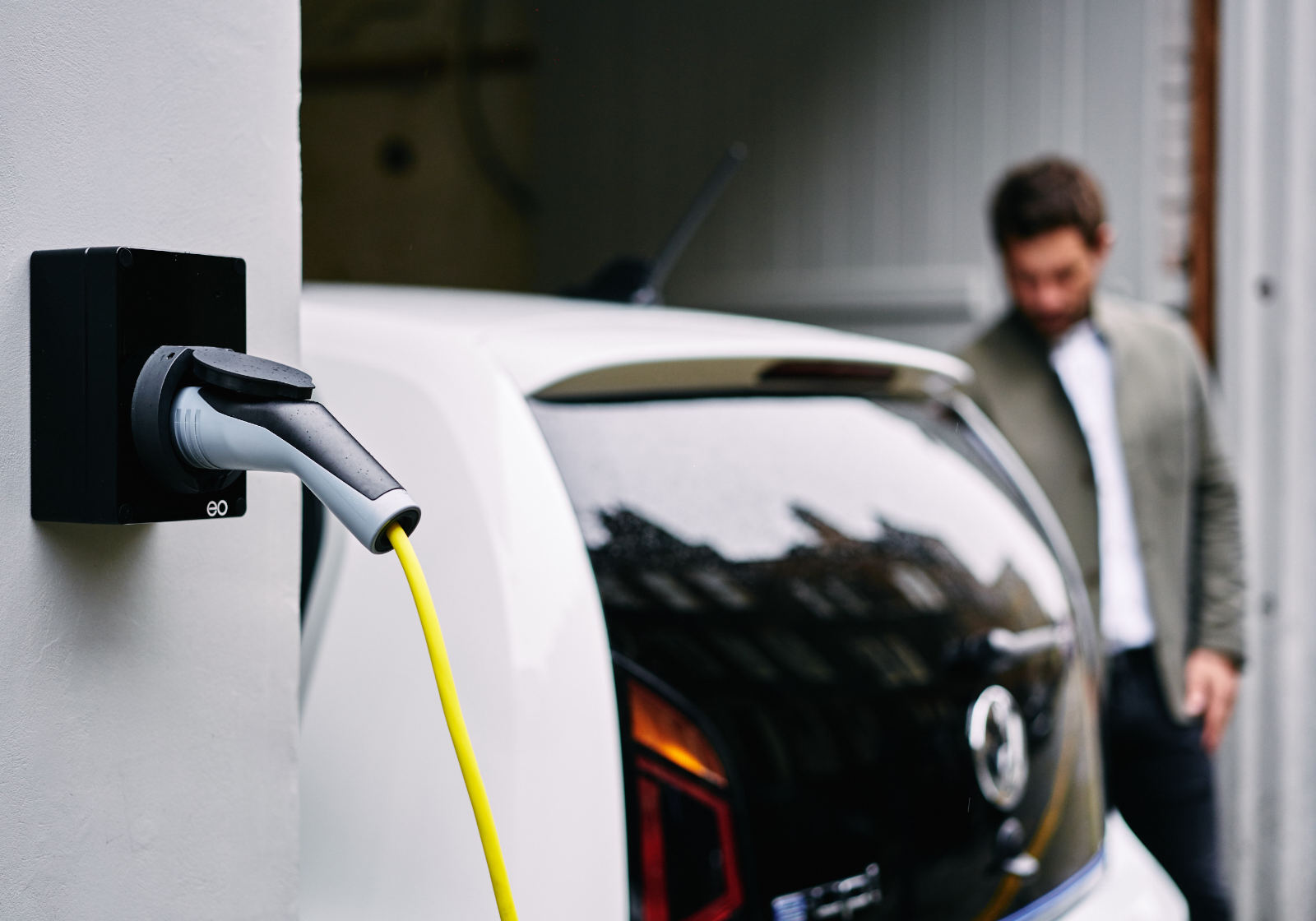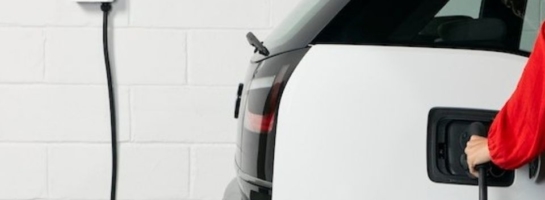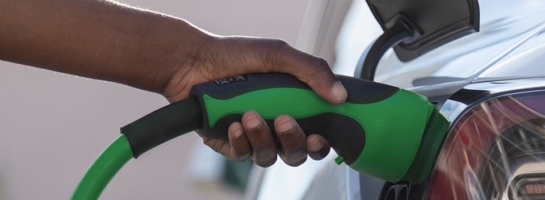How long to charge an electric car with domestic charger?
Choosing an electric vehicle (EV) makes good financial sense with cheaper running costs than a polluting internal combustion engine but how long does it take to charge an EV with a domestic charger?
It’s true that “refilling” your electric car clearly takes longer than stopping and getting petrol or diesel so charging the car’s battery is most conveniently done at home. And it’s simple, much the same as plugging one of your domestic appliances like a hoover, kettle or toaster.
But concerns over how long recharging might take can make some drivers query the overall benefits of owning an EV. The good news is that it’s not only easy but also relatively quick and painless to charge at home – as well as being the cheapest way.
Home EV charger
To make sure you have the quickest, safest and most effective means of recharging your EV, it’s pretty essential to invest in a home charger, if you have a forecourt or garage. It is possible to charge your car with an EVSE (electric vehicle service equipment) supply cable for a 3-pin plug socket but this is generally a method kept for back-up, rather than the main source of recharge power. With the standard plug cable, you would need to allow 24 hours or more for a complete charge.
A dedicated home chargepoint will definitely be faster and will have built-in safety features. These chargers are compact and weatherproof, and are installed either on a wall or post, with a socket for plugging in a portable charging cable.
These chargers, installed by qualified specialist installers, would be wired to the home’s fuse box, and they turn off when your car is fully-charged, to avoid wasting energy. Some models, like the ABB Terra AC Wallbox have internet connectivity and offer great features like smart functionality for optimised charging, remote software updates and a built-in energy meter for load management.

Range of EV charging speeds
Charging speed for EVs is measured in kilowatts (kW) and depending on the charger model you choose to install, will give you a range of charging speeds.
Some home charging points are available with a 3.7kW rating and these will do the job but much more slowly than one that is rated at around 7kW, that would give about 10 to 30 miles of range for every hour that your EV is plugged in. In comparison, at the other end of the scale, you would only get 2.3kW from a 3-pin plug connector, charging at a rate of around 8 miles of range per hour.
The 3.7kW chargers – known generally as 3kW units – can give a full charge in around 8-12 hours, although it can take longer if your EV has the highest capacity battery. And the top charging speed can be limited by your EV’s onboard charger.
If you have invested in a 60kWh EV car and have a 7kW charger then it would take around 8 hours to fully charge from empty. You might be lucky enough to own a Tesla S with a 100kWh battery, so you’d need another 3 hours for a full charge, whereas a smaller 30kWh car would only take around 6 hours.
Cheap rates for EV charge
It’s a good habit to top up your EV battery, rather than wait until it is fully drained and most EV drivers aim to do this with a mix of home and on-road charging. There’s no harm in plugging in your electric car at home as often as you want. In fact, it’s pretty similar to charging your mobile phone, where you make a full charge overnight and top up if necessary.
You also keep costs low when you plug in your EV overnight as you can take advantage of cheap electricity rates which could mean you can drive for as little as 2p a mile.
Given that most of us drive less than 100 miles a week, it’ll not be usually necessary to charge every day but EV drivers often plug in each time they park their car at home. It gives peace of mind and maximum range if they need to head somewhere urgently or unexpectedly,
EVs will charge on compatible charging points that have a higher maximum charge rate than they can handle but they simply charge at the top rate they have been designed for. Cold conditions can also affect charge time and EVs are generally a little less efficient in the cold, so you would get fewer miles for your charging time.

Greener EV charging
While it’s cheaper to run, your EV probably attracted you because it’s better for the planet, with zero emissions at the tailpipe – and by choosing a renewable energy supplier, you can make your motoring even more environmentally friendly.
The nation’s electricity grid is getting greener with more renewable energy generation, like wind power. While this means charging EVs is generally more environmentally friendly, you can switch to one of the many renewable energy providers to make charging at home even greener.
Our wide selection of market leading charge points that connect to any electric vehicle have been sourced by our product specialists, who use their sector knowledge to find the best products that have proven reliability and excellent value. We also offer a full range of cables and accessories. Take a look.

